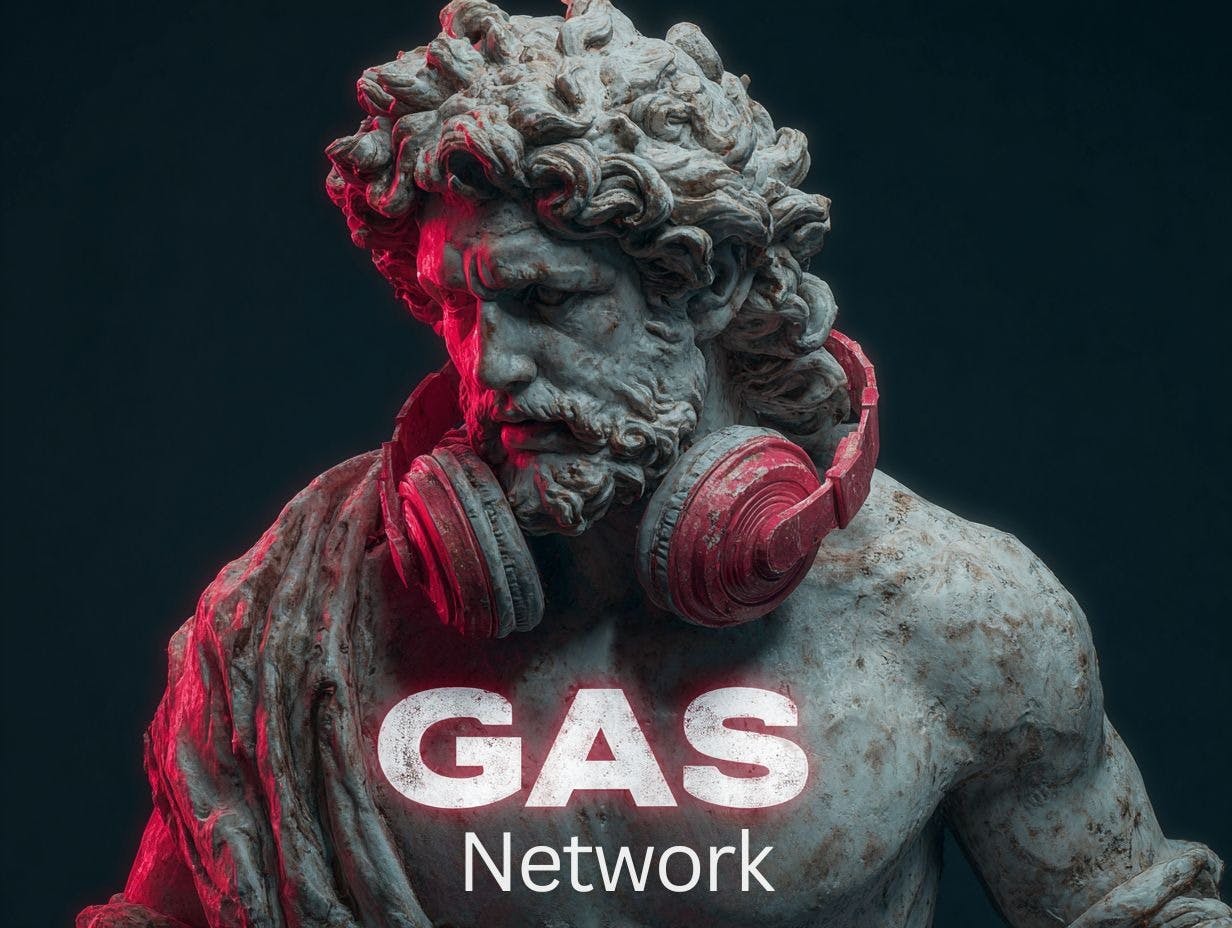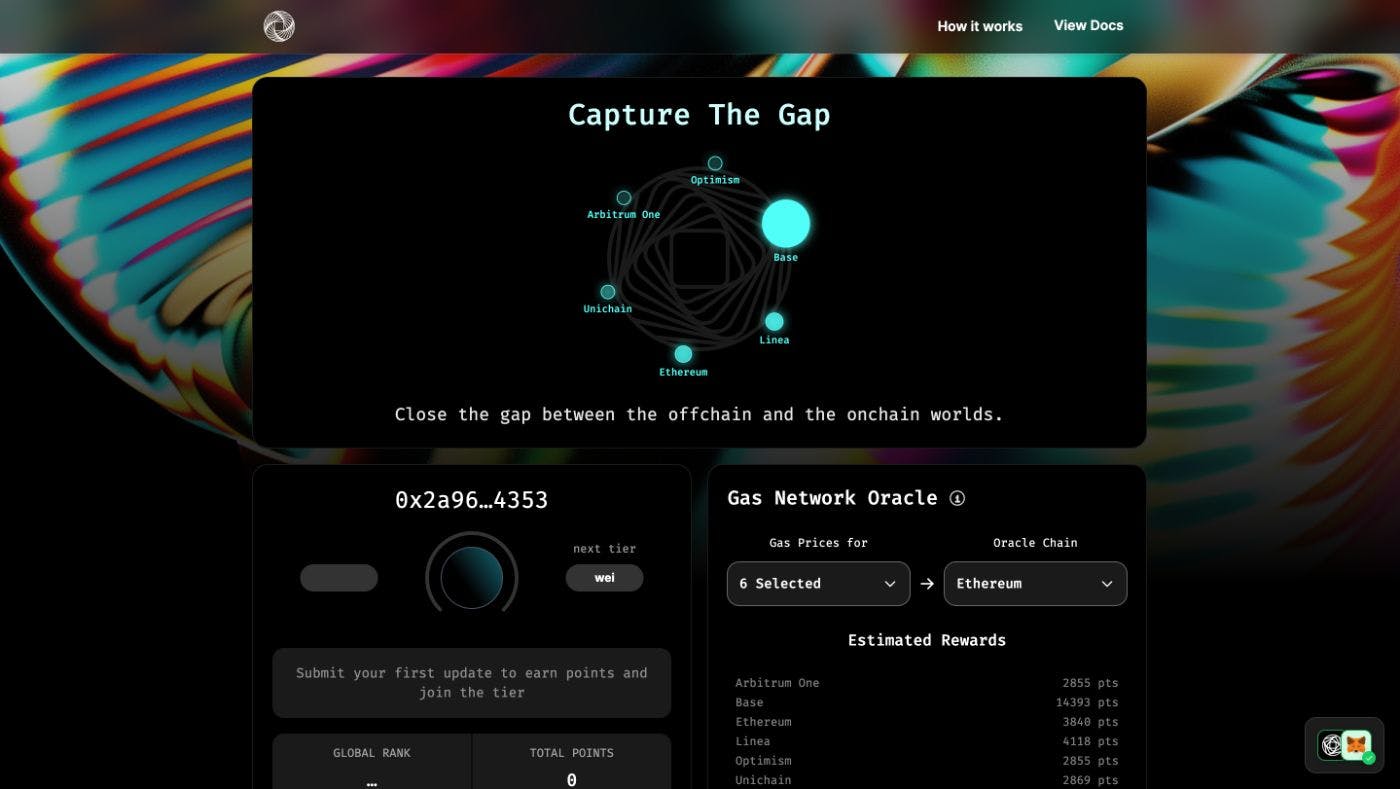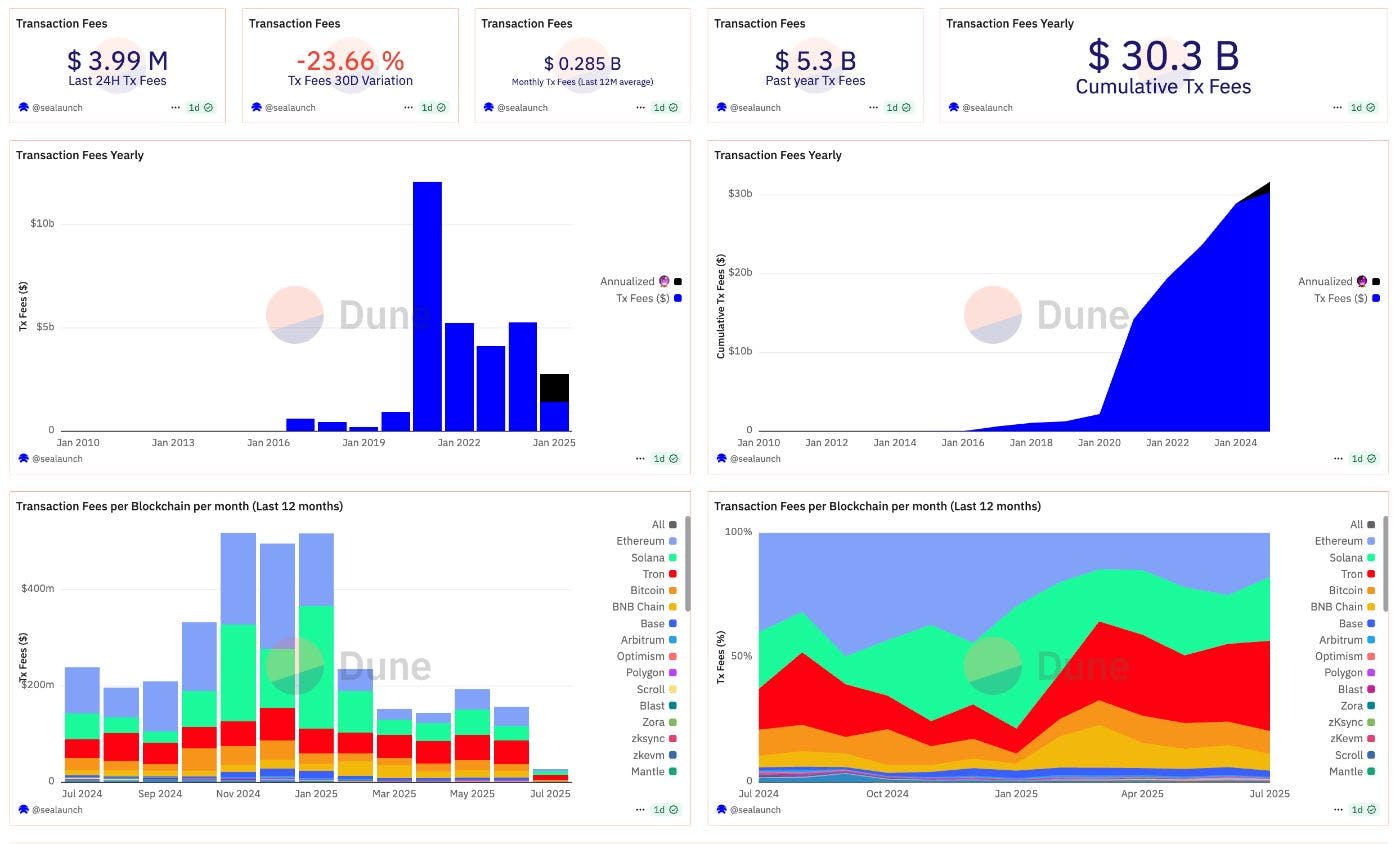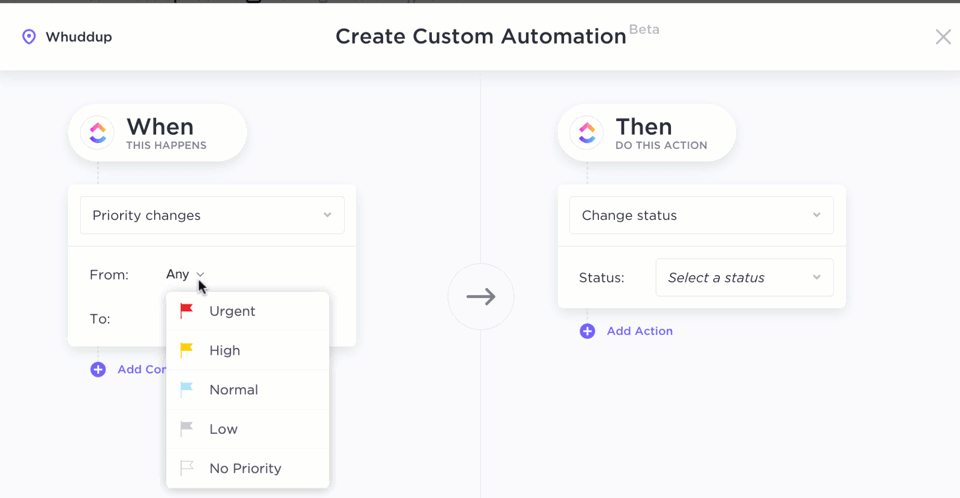What if interacting with blockchain’s underlying mechanics could not only educate you but also reward your engagement, while simultaneously making a vital decentralized system more efficient? This is among the core questions addressed by
The concept of gas in the blockchain world often presents a barrier to entry for many users, appearing as an abstract cost associated with every transaction. However, gas fees are the lifeblood of blockchain operations, compensating validators for processing and securing transactions. High or unpredictable gas prices can lead to significant inefficiencies, impacting user experience and the cost of decentralized applications. Gas Network, a project focused on decentralized gas infrastructure, launched Capture the Gap to address these challenges head-on, transforming a complex technicality into an accessible and rewarding experience. This game democratizes participation in a critical aspect of blockchain, inviting anyone to contribute to its improvement.
Understanding The Gas Game
Capture the Gap operates on a straightforward yet clever principle: participants earn onchain points by identifying and “capturing” the disparity between the current onchain gas oracle values and actual real-time gas prices. This “gap” widens with the passage of time since the last oracle update and with greater fluctuations in gas prices. The mechanism inherently incentivizes frequent updates to the gas oracle, which is crucial for maintaining a healthy and efficient gas market.
In practical terms, a gas oracle provides real-time estimates of the computational cost required to perform transactions on a blockchain. When these oracles are not updated promptly, the estimated gas prices can become outdated, leading users to either overpay for transactions or experience delays due to underpayment. By rewarding users for highlighting these discrepancies, Capture the Gap helps to create a decentralized network of incentivized gas agents. These agents, through their gameplay, contribute to a more accurate and responsive gas pricing system across various networks, starting with Ethereum mainnet and Base, with plans for broader expansion.
Impact on Gas Markets and User Engagement
The primary impact of Capture the Gap extends to enhancing the reliability and accuracy of gas price data available to decentralized applications and users. All onchain actors – including wallets, rollup solutions, cross-chain bridges, autonomous agents, and more – all depend on accurate, up-to-date gas information for optimal performance and cost efficiency. By fostering a constant flow of fresh data, the game helps to mitigate the problem of inefficient gas markets, which the Gas Network blog post highlights as leading to an estimated annual waste of as much as $1 billion in unnecessary fees. This direct positive onchain impact benefits the entire ecosystem by providing better pricing signals and fostering more transparent gas markets.
Beyond the technical improvements, Capture the Gap also serves a vital educational role. It allows regular users, who might otherwise be intimidated by the intricacies of blockchain gas, to engage with and understand these dynamics in a gamified context. The points earned are meaningful due to the early stage of the game, offering participants a tangible reward for their contributions at a foundational phase of the project. This early participation can be particularly impactful as new protocols and mechanisms gain traction, offering disproportionate opportunities to those who contribute in the nascent stages. While specific data on the value of these points was not available at the time of writing, the principle of early engagement in a growing ecosystem underscores their potential significance for participants.
The Team Behind Gas Network
Blocknative, founded in 2018, has raised a total of $34 million across three funding rounds, including a $15 million Series A‑1 in December 2022 led by Blockchain Capital, Hack VC, IOSG Ventures, Fenbushi, Rho, Robot Ventures, and others. This level of backing highlights the confidence of respected crypto‑focused investors in Blocknative’s infrastructure vision and its growing prominence in the Web3 ecosystem.
At the helm isMatt Cutler, CEO and co‑founder of Blocknative, whose background lends significant entrepreneurial and technical credibility. A graduate of MIT, Cutler previously founded the Web analytics pioneer NetGenesis (IPO’d in 2000) and later led Collaborate.com, a mobile collaboration platform acquired by Cisco in 2013. His trajectory from MIT through multiple startup exits to leading one of Ethereum’s most prolific block-building and mempool infrastructure providers underscores both strategic vision and technical execution capability.
Final Outlook
In my view, Capture the Gap represents an insightfuland forward-thinking approach to a persistent challenge in the blockchain space. The gamification of a fundamental technical process like gas oracle updates is an elegant solution that aligns user incentives with systemic ecosystem improvements. It moves beyond abstract proposals for market efficiency and instead builds a practical, engaging mechanism for achieving it. The non-promotional nature of the game itself, focusing on direct contribution rather than speculative investment, reinforces its commitment to public good.
In many ways, Capture the Gap can be considered a gamified public good – perhaps the first of its kind. This alone makes it worth checking out.
The transparency that Capture the Gap promises, by pushing for more accurate and frequent gas price data, is a critical step towards a more user-friendly and cost-effective decentralized web. While the concept of “meaningful points” in a nascent system always carries an element of future potential, the fundamental utility and positive externalities generated by the game are undeniable. This initiative exemplifies how innovative design can transform complex, often frustrating, aspects of blockchain into opportunities for education, engagement, and collective benefit. Projects like Gas Network, by creating such tools, are not just building technology; they are fostering a more informed and active community, which is essential for the long-term health and decentralization of the entire ecosystem.
Don’t forget to like and share the story!
This author is an independent contributor publishing via our













